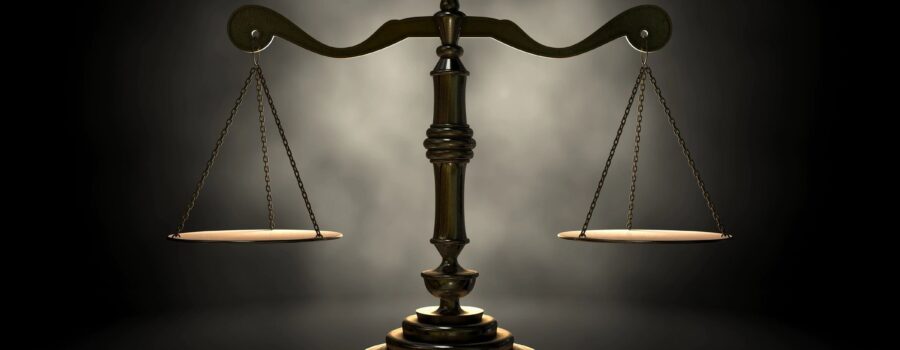New FRCP Rules To Go Into Effect on December 1 2015
Long anticipated changes to the Federal Rules of Civil Procedure are scheduled to become effective on December 1, 2015, absent congressional action to the contrary. These changes will have a significant impact on federal practice in three primary respects. First, the amendments will reduce delays that are commonplace at the onset of a case. Second, the changes limit the scope of permissible discovery. Third, the amendments outline the remedies available when a party fails to preserve electronically stored information.
Reducing Delays in Litigation
The new rules will reduce the amount of time a plaintiff has to serve the complaint, as well as the time the district court has to issue its Rule 16 scheduling order. Rule 4(m) will be amended to require a complaint be served within 90 days of filing, instead of 120 days. The court may dismiss a complaint, without prejudice, against any defendant who is not timely served. Rule 16(b) also will be revised to require the district court to issue its scheduling order 90 days after service upon any defendant (instead of 120 days), or 60 days (reduced from 90 days) after a defendant appears in the case.
These changes clearly are intended to reduce the delays that often occur early in the case. A plaintiff now must endeavor to serve the complaint within 90 days or run the risk that the complaint may be dismissed. At the same time, the district court will be expected to issue its scheduling order more quickly than previously, thereby allowing the parties to begin the discovery phase earlier than required under the old rules.
Limiting the Scope of Permissible Discovery
Rule 26(b)(1), which addresses the scope of permissible discovery, also will be amended. The prior rule entitled parties to seek discovery on any issue that was “reasonably calculated to lead to the discovery of admissible evidence.” This was a very broad (and vague) standard. The new rule removes this language. In its place, information will be considered discoverable if it is relevant to a party’s claims or defenses and “proportional to the needs of the case.” The new rule sets forth the following factors courts must weigh when determining “proportionality” for purposes of discovery: (1) the amount in controversy; (2) the importance of the issues at stake in the action; (3) the parties’ relative access to the information; (4) the parties’ resources; (5) the importance of the discovery in resolving the issues; and (6) whether the burden or expense of the proposed discovery outweighs its likely benefit.
These amendments are intended to give the courts more leeway concerning the scope of discovery. No longer can a party claim certain information is discoverable because it could conceivably “lead to the discovery of admissible evidence.” Instead, courts must consider the importance of the information that is sought to the case at whole, taking into account the amount at stake in the case, the burden on the responding party, the costs involved, etc. This philosophical change could dramatically impact how courts rule on disputed discovery issues.
Perhaps realizing these amendments will lead to discovery disputes as parties struggle with the “proportionality” concept, the new rules require the parties request a conference with the court before filing any discovery motions. Specifically, Rule 16(b)(3) will require all scheduling orders include a direction that a party “must request a conference with the court” before filing a discovery motion. Allowing counsel to confer with the court before filing discovery motions should help parties resolve many discovery disputes without having to file motions to compel and/or motions for protective orders.
Addressing a Party’s Failure to Preserve Electronically Stored Information
Rule 37(e) will be substantially amended to address a party’s failure to preserve electronically stored information. The new rule provides that, if electronically stored information that should have been preserved is lost because a party failed to take reasonable steps to preserve it, the court may order “measures not greater than necessary to” cure the prejudice caused by the loss of the evidence. The amended rule will further provide that the court may only presume the lost information was unfavorable to the party who lost the evidence if the court finds “the party acted with the intent to deprive another party of the information’s use in the litigation.” If the court does make such a finding, it may instruct the jury that the lost evidence was unfavorable to the offending party, enter a default judgment, or dismiss the action.
This revised rule will clarify when and how a district court may punish a party for the loss of electronically stored information. The court is required to first conclude a party was prejudiced by the loss of the evidence. In other words, the court may not order any relief if the information that was lost can be obtained through another source because there would be no prejudice. Even if the court finds there was prejudice, it cannot impose any of the most severe sanctions — instructing the jury about the loss of evidence, entering a default judgment, or dismissing the action — unless the court concludes the party lost the evidence with the intent to deprive another party from using it in the litigation. This is a high burden to satisfy and will prevent a court from imposing these harsh sanctions for the inadvertent or negligent loss of electronically stored information.
The Law Offices of Robert L. Hill provides top-quality, honest, and aggressive legal services to clients in all areas of complex business and civil litigation, arbitration proceedings, business and corporate transactional matters, and civil appeals. Mr. Hill has extensive experience litigating complex business disputes in federal court. The firm is based in San Diego, California, serving clients throughout the state.





